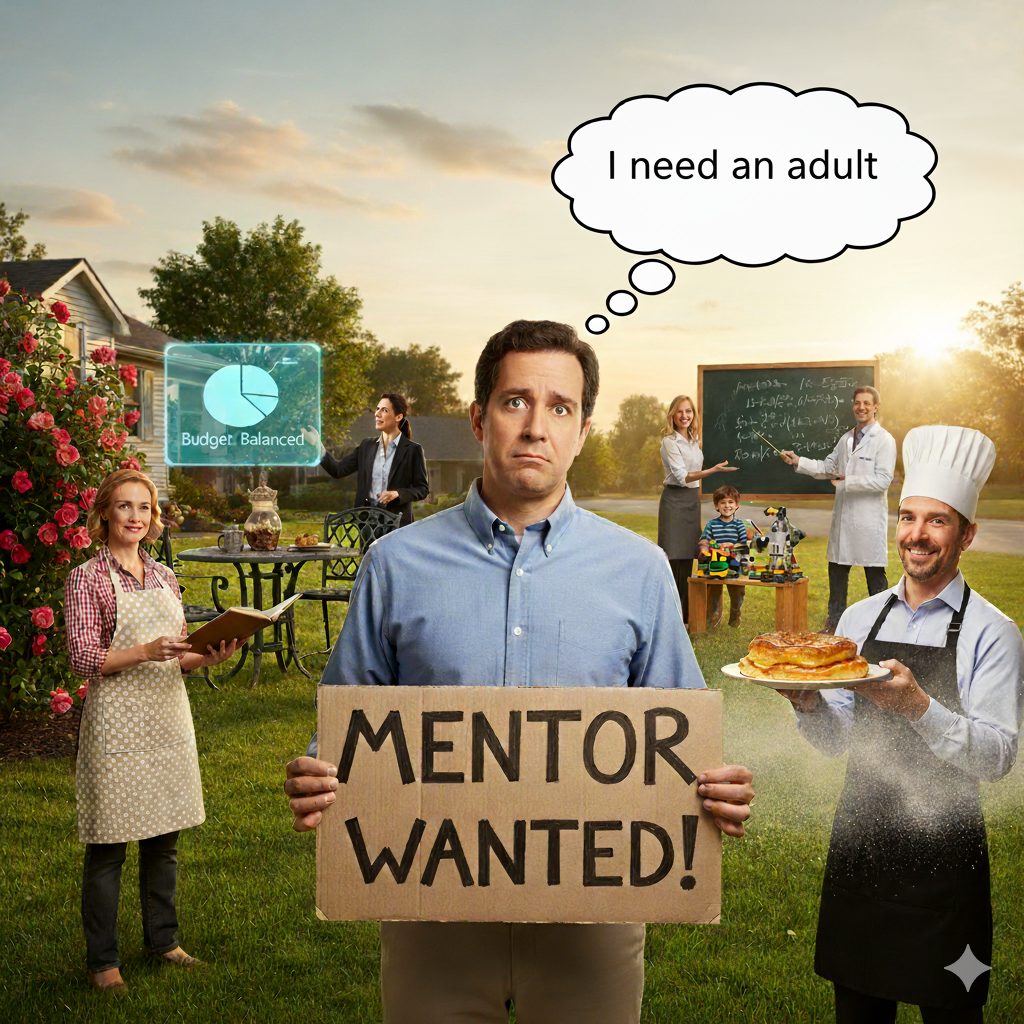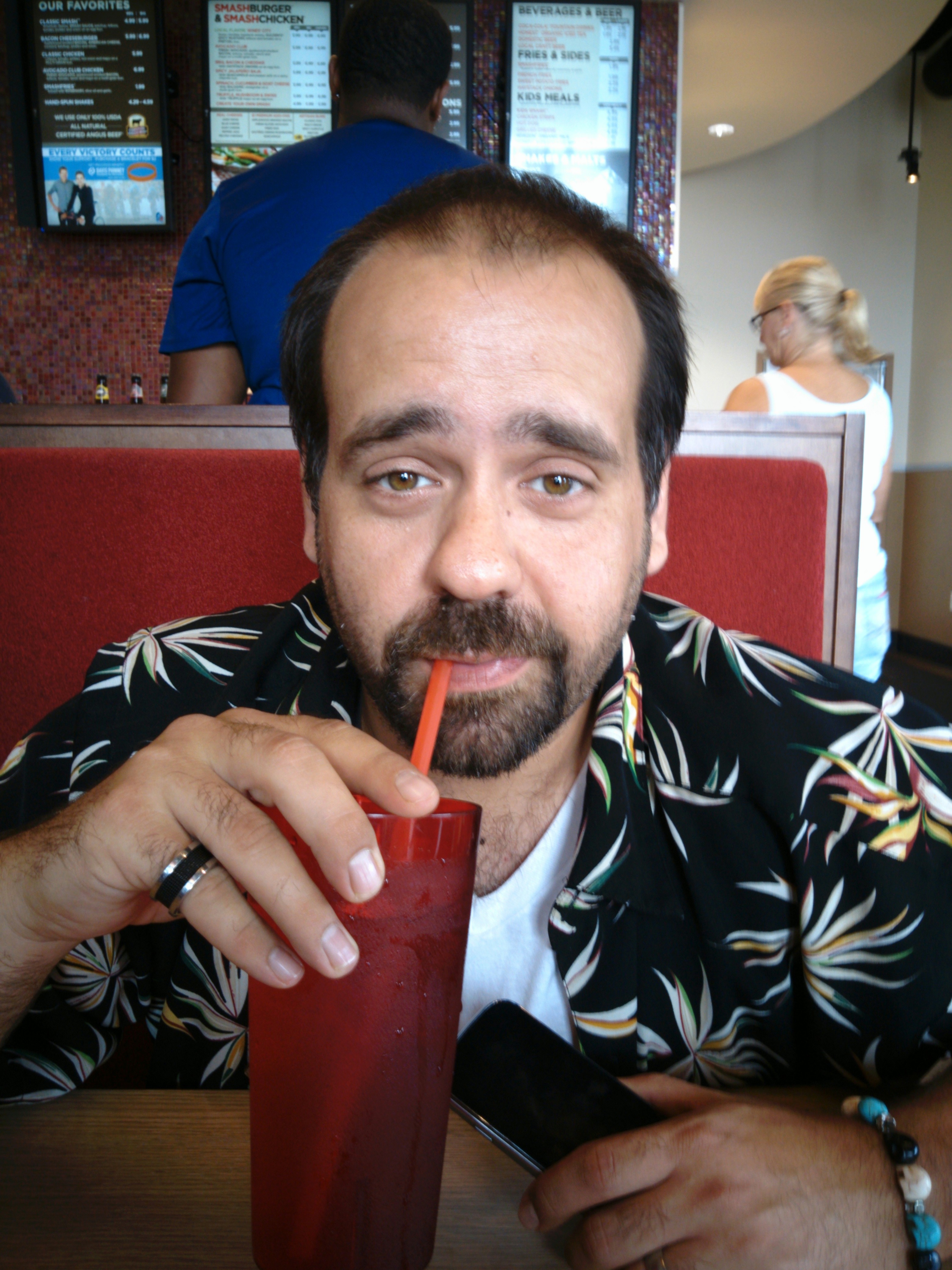
The Untapped Power of Mentorship: Finding Your Guide at Any Age (Yes, Even 45+!)
Let's be honest. There's a subtle, often unspoken, pressure in our society to have it all figured out by a certain age. We hit our 30s, then 40s, and the expectation is that we're the ones dispensing wisdom, not seeking it. So, when the thought of "finding a mentor" pops into your head at 45, it's easy for that little voice of self-doubt to whisper, "Isn't that... pathetic?"
Let me shut that voice down right now. It is not pathetic. In fact, it's one of the smartest, most proactive steps you can take for your career, your personal development, and your overall well-being. Seeking a mentor at 45 isn't a sign of failure; it's a testament to your ongoing commitment to learning, evolving, and achieving even greater heights. It’s a sign that you understand the journey never truly ends.
Why Now is the Perfect Time
At 45, you bring a wealth of experience, a developed work ethic, and a clear understanding of your strengths and weaknesses. You're not starting from scratch; you're looking for someone to help you refine, pivot, or accelerate. You know what you don't know, and that self-awareness is a huge advantage.
But Where Are the Adults Adulting More Than Me?
This is a common and very relatable question! It feels like everyone around you is just trying to keep their own heads above water. But here's the secret: "adulting" isn't a finite resource. There are always people who have navigated challenges you're currently facing, who have achieved goals you aspire to, or who simply possess a perspective that can unlock new possibilities for you. They aren't necessarily "more adult" – they just have different experiences.
How Do You Even Go About It? A Practical Guide
Finding a mentor might seem daunting, but it's more accessible than you think. Here’s a roadmap:
Define Your "Why": Before you start looking, get clear on what you hope to gain. Are you looking for career advancement in a specific field? Guidance on starting your own business? Help with work-life balance? Personal development in a particular area? The more specific you are, the easier it will be to identify the right person.
Look Within Your Existing Network:
Professional Circles: Think about former bosses, colleagues a few steps ahead of you, clients, or even people you admire from industry events.
Personal Connections: Sometimes, the best mentors are just outside your immediate professional sphere – a friend of a friend, a community leader, or someone from a volunteer organization.
Alumni Networks: Your university or college alumni association can be a goldmine for connecting with accomplished individuals.
Expand Your Horizons (Online & Offline):
Professional Organizations: Join industry-specific associations. They often have formal or informal mentorship programs.
LinkedIn: This is a powerful tool. Identify people whose career paths you admire and respectfully reach out. Look for common connections who could make an introduction.
Conferences & Workshops: These are fantastic places to meet potential mentors. Don't just attend; engage, ask questions, and network.
Local Business Groups: In a community like Metamora, Illinois, local chambers of commerce or business networking groups (like Rotary or Lions Clubs) can connect you with experienced professionals who are often keen to give back.
Craft Your Approach (The "Ask"):
Be Specific and Respectful: When you reach out, clearly state why you admire them and what specific guidance you're seeking. Frame it as a request for advice, not a demand for their time.
Start Small: Instead of asking, "Will you be my mentor for the next year?", try, "I deeply admire your work in [their field] and was hoping you might be open to a brief coffee chat sometime in the next few weeks. I'd love to pick your brain on [a specific challenge you're facing]."
Show You've Done Your Homework: Reference something specific about their career or accomplishments. This shows genuine interest.
Offer Value (Even if it's Just Enthusiasm): While you might not be able to offer a seasoned executive much in return directly, your enthusiasm, your willingness to learn, and your commitment to acting on their advice is valuable.
Nurture the Relationship:
Respect Their Time: Be prepared for meetings, send notes beforehand with discussion points, and always follow up with a thank you.
Be Action-Oriented: Take their advice seriously and report back on your progress. This demonstrates that their time is well-spent.
It's Not a One-Way Street: As the relationship grows, look for ways you can support them, even if it's just by being an enthusiastic sounding board or sharing relevant information.
Beyond the Traditional Mentor
Remember, mentorship doesn't always have to be a formal, long-term commitment. You can have multiple "mentors" for different aspects of your life:
Situational Mentors: Someone you connect with for advice on a very specific, short-term project.
Peer Mentors: Colleagues at a similar stage in their career with whom you can share insights and support.
Reverse Mentors: Don't underestimate the power of learning from younger colleagues who might have a fresh perspective on technology, social media, or emerging trends.
The Takeaway
Searching for a mentor at 45 isn't pathetic; it's powerful. It’s a declaration that you're not done growing, not done achieving, and not done making an impact. So, shed that self-doubt, embrace the journey, and go find the guidance that will propel you to your next great chapter. You've earned it.
